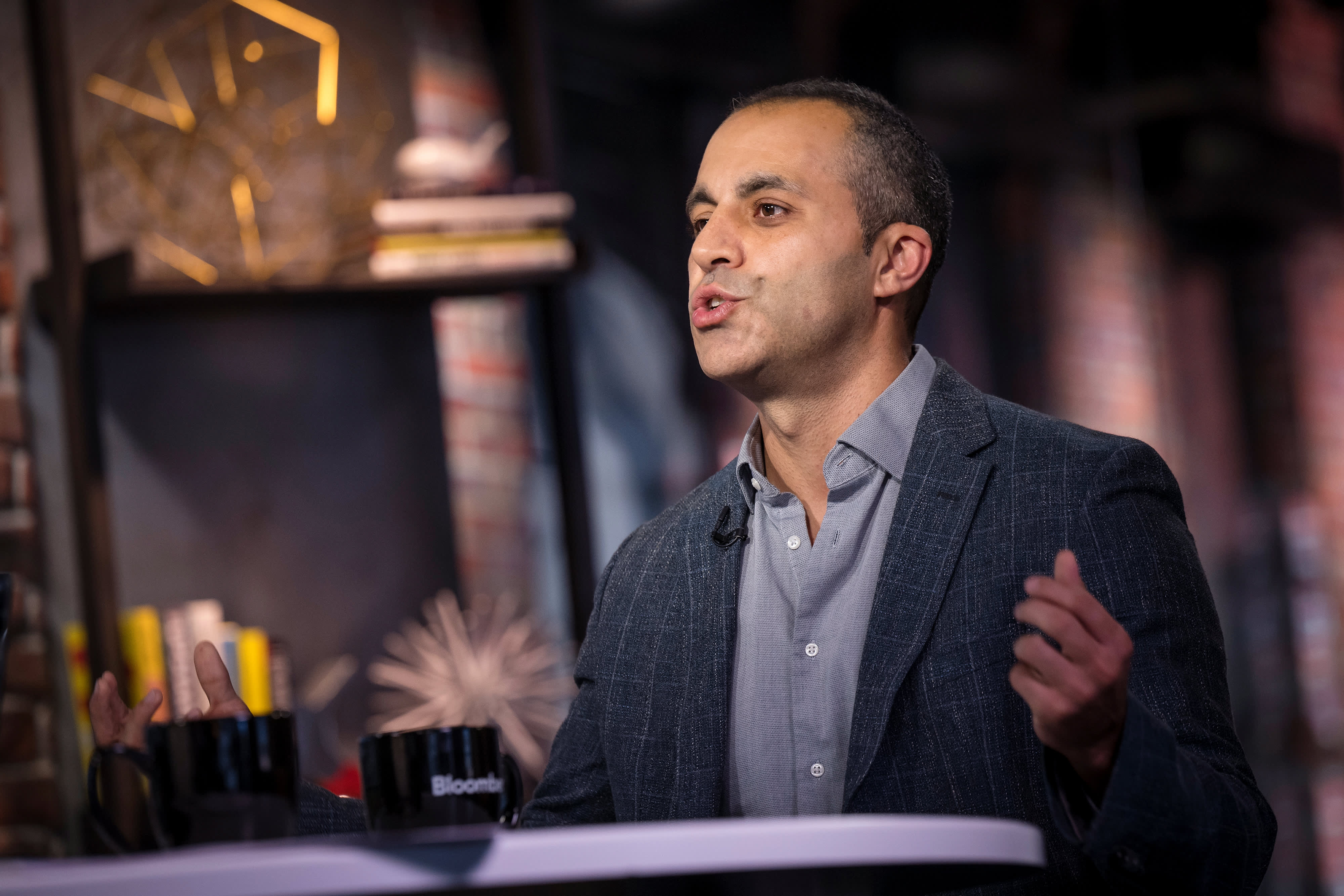With cloud stocks in the midst of a two-month slide, the CEO of one of the most valuable private software companies isn’t concerned.
Databricks, whose software helps customers store and clean up data so employees can analyze and use it, was valued at $38 billion in its most recent financing round in August. While the company hasn’t said when it plans to go public, CEO Ali Ghodsi told CNBC that if revenue keeps growing at its current pace, the stock price will take care of itself when the time comes.
“As long as you have growth rates that are growing as fast as we are growing, then actually that growth rate will break through the multiple compression that’s happening in the market, sooner or later,” Ghodsi said in an interview this week.
It’s a brave assertion. Investors have dramatically slashed the valuations of publicly traded software vendors in recent weeks, rotating into far more profitable companies as they brace for higher interest rates. The WisdomTree Cloud Computing Fund, which includes Bill.com, Datadog, Snowflake and other high-growth names, has fallen 8% so far in 2022 and is 27% off its record high in November.
Databricks, which ranked 37th on CNBC’s 2021 Disruptor 50 list, said in August that it was generating $600 million in annual recurring revenue, up 75% year over year. That’s a faster expansion than all but two of the 58 companies in the WisdomTree cloud group. Bill.com and Snowflake reported growth in the most recent quarter of 152% and 110%, respectively.
Ghodsi said the important thing for Databricks and the broader sector is that spending continues to shift in their favor.
“Maybe it’s early days, because this market correction just is happening now, but I haven’t seen any sort of, ‘Hey, let’s change how we spend on data and AI and analytics,'” Ghodsi said.
As a private company, Databricks can continue to focus on picking up customers, and right now it’s aiming to reach more businesses in commerce and consumer goods. On Thursday, Databricks introduced the Databricks Lakehouse for Retail to provide better data and artificial intelligence tools to companies in the industry. Early adopters include H&M Group, Walgreens and a subsidiary of Kroger, Databricks said.
The strategy started taking shape last year after former Salesforce executive Andy Kofoid joined Databricks as president of global field operations. Retail has been a growing market for other big cloud software companies like Salesforce as well as for infrastructure providers Google and Microsoft.
Kofoid’s team will have plenty of competitors, including data warehouse incumbent Teradata.
“I think many things in the market are overpriced,” Ghodsi said. “Some of those margin structures out there, I see those as an opportunity to sort of cut into some of those without raising prices.”
WATCH: Databricks secures $38 billion valuation and launches venture fund
